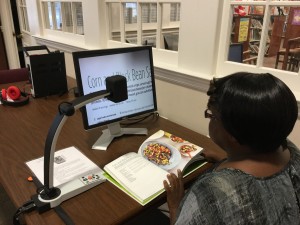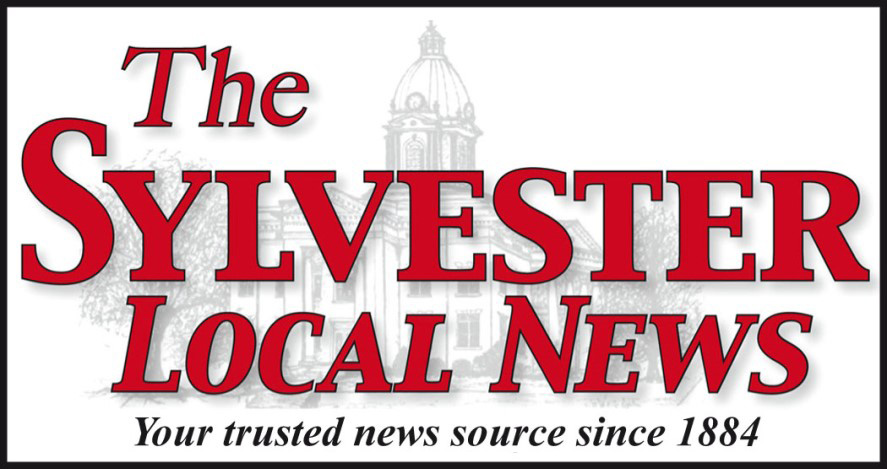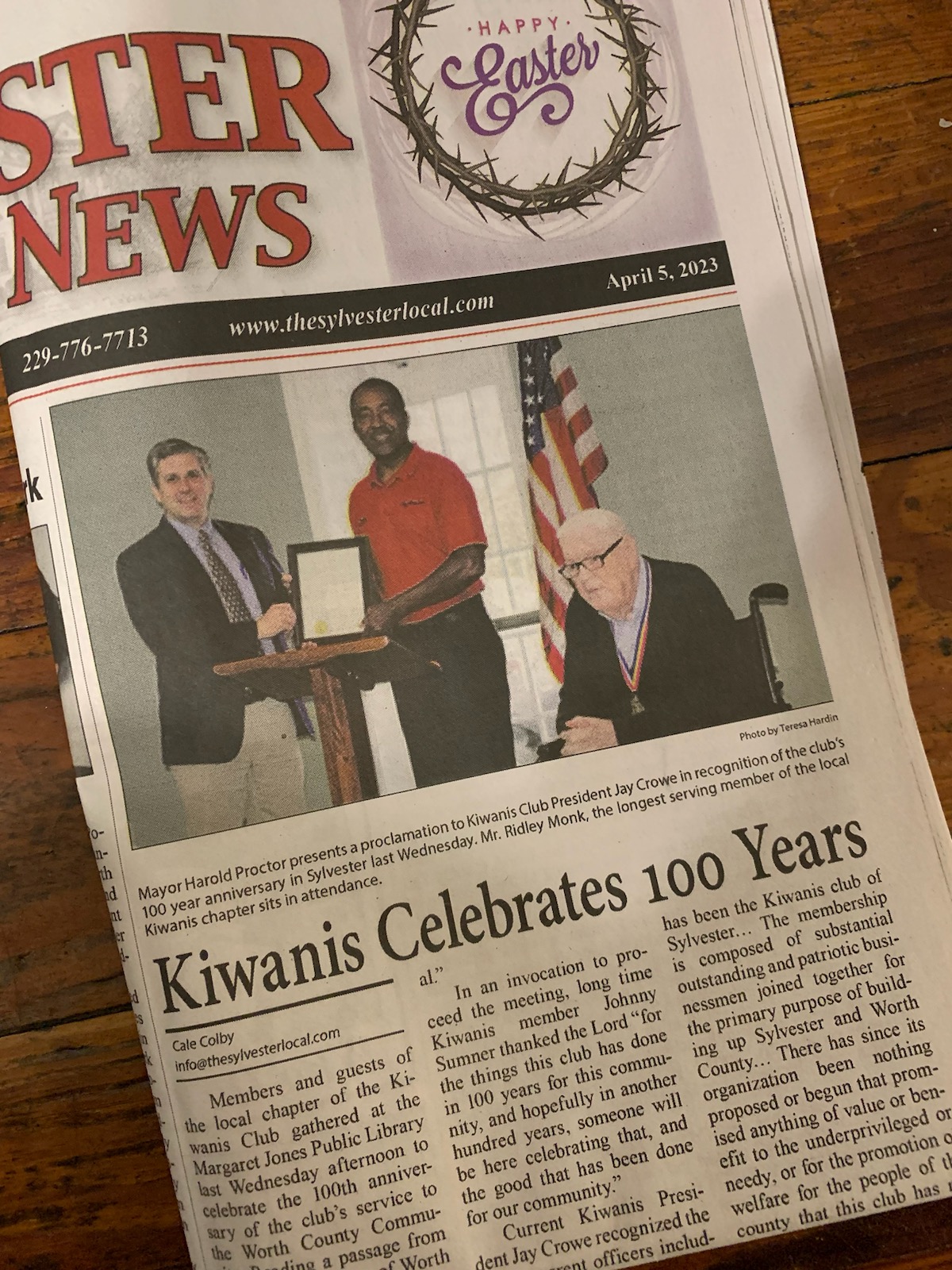As a key component of the new model for Georgia’s provision of library services to the blind and others whose physical abilities require the use of books and magazines in audio format or braille, Georgia Public Library Service (GPLS) is supplying a suite of assistive technology devices to every public library system in the state.
“We are committed to the goal that every library will become a member of the Georgia Libraries for Accessible Statewide Services (GLASS) network, and that they will be equipped to make library programs, services and collections accessible to all users,” said State Librarian Julie Walker.
The GLASS network of talking book libraries gives Georgians ready access to materials from the free national library program that is supported and administered by the Library of Congress and the National Library Service for the Blind & Physically Handicapped (NLS).
According to Pat Herndon, director of GLASS, GPLS issued to each system one desktop MagniLinkS video magnifier, two Mobilux Digital Touch portable magnifying devices and one MagniLink Voice “reading machine.” Margaret Jones Public Library is pleased to announce receiving this equipment and invites the community to take advantage of this new service.
The video magnifiers are basically cameras that attach to a computer and convert images of items placed below its lens to a magnified image onto the computer monitor, Herndon explained. “The magnifier can be adjusted for size of magnification and for color contrast. This allows a person with low vision to read books — or their mail and personal correspondence — while on a public-access computer in the library.”
The LVI MagniLink Voice reading machines are text-to-speech devices that use optical-character readers to translate print into audio, thus opening the library’s book collection to patrons with vision impairment. The machines can read pages one by one or, when scanned with audio output saved to a flash drive, can convert and store up to 100 pages of audio that can be listened to as a single stream.
“GPLS was also able to purchase an accessible computer keyboard for every branch library in Georgia,” Herndon said. “These keyboards have large-print, high-contrast, black-on-yellow type designed to give users with low vision an easier and more accurate way to type.”
Walker noted that one of the stated goals of GPLS’s Five Year Plan for the Library Services and Technology Act (LSTA) Grants to States Program is that Georgia’s public libraries will provide accessible equipment and software to make all the resources and programs meet or exceed ADA standards.
“This equipment purchase, completed using federal LSTA funds from the Institute of Museum and Library Services, is a strong step forward in inclusiveness for our patrons with print impairments, not only in selected locations but in every library system in Georgia,” she said.


